Addressing Shell Hungary’s centennial reception, the minister began his speech by thanking the company for maintaining its presence in Hungary for one hundred years, with a few brief interruptions, and praised the existing partnership, said the statement issued by the Ministry of Foreign Affairs and Trade.
He welcomed the fact that the company has continued to expand even though Hungary has no significant natural gas or oil fields, and its energy supply security is fully dependent on neighboring countries.
"And if we look back at the recent history of the region, not every neighbor, or neighbor's neighbor, has behaved responsibly, in a friendly or fair manner (...) So in these times full of serious challenges, we greatly appreciate partners who contribute to secure energy supply in Hungary, as that is part of national sovereignty and strategic interests," he said.
He went on to say that in the Hungarian government's view, diversification is not about replacing one energy source with another, but about involving additional sources.
And for this reason, I have to say I am proud to have been the one who earlier negotiated a six-year contract with Shell under which Hungary purchases 250 million cubic meters of liquefied natural gas annually through the Krk terminal in Croatia,
he said.
"Given the criticism I have faced regarding geopolitics, I must say I am proud to have been the first Hungarian politician to sign a long-term gas procurement agreement with a non-Russian partner," he noted.
"I’m proud that this partnership has meant true diversification because it added value to our energy security. It’s a new source via a new transport route (...) And I hope that after 2027, when the contract expires, we can sign a new one," he added.
At the same time, he pointed out that this also depends on the Croatian government, as the LNG terminal is located in Croatia, and he expressed hope that they would not create obstacles to the extension.
Peter Szijjarto also touched on environmental considerations, highlighting that the Hungarian government considers them very important, but approaches the issue from a practical rather than a political perspective.
We believe a balance must be maintained between environmental protection, improving competitiveness, and economic growth. If this balance is disrupted, the entire process becomes unpredictable,
he said, stressing that Hungary is committed to the green transition, but only in a reasonable way, and will not make irresponsible or unrealistic commitments.
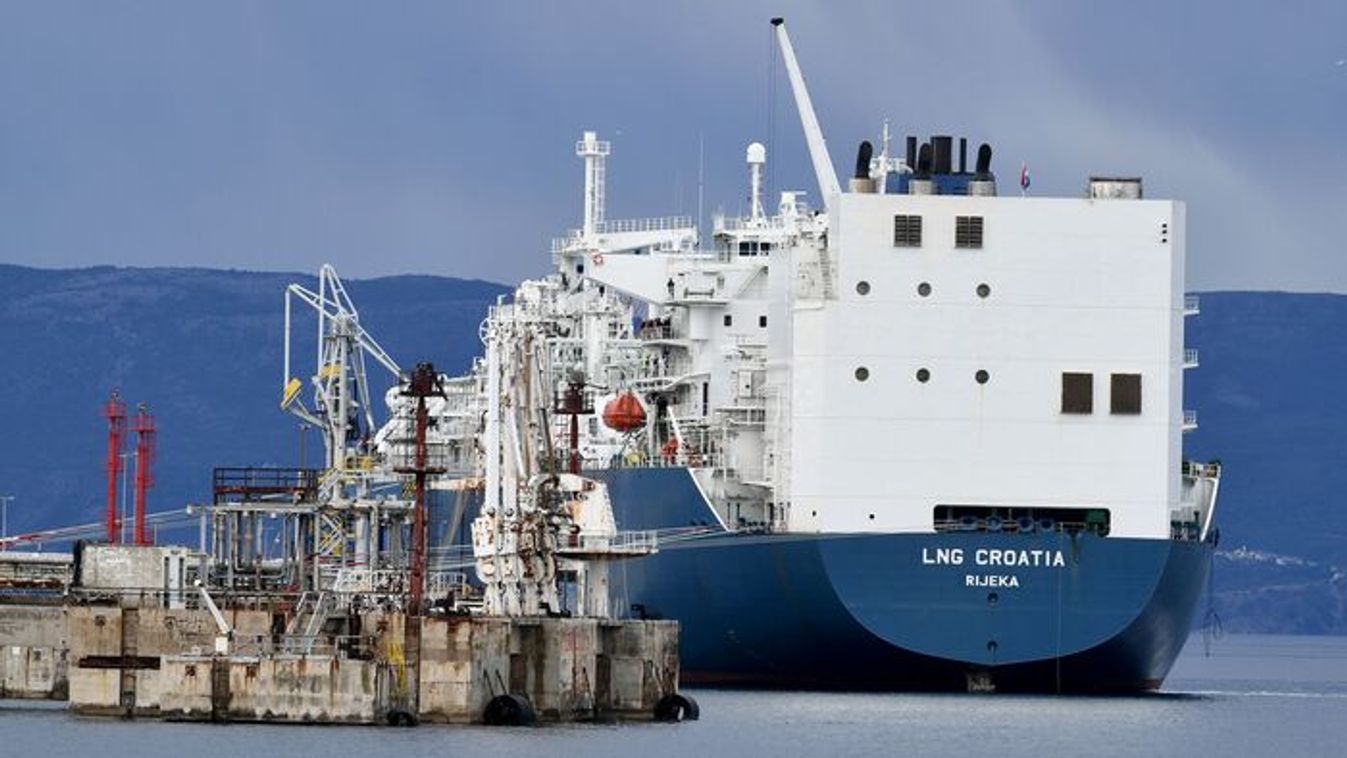





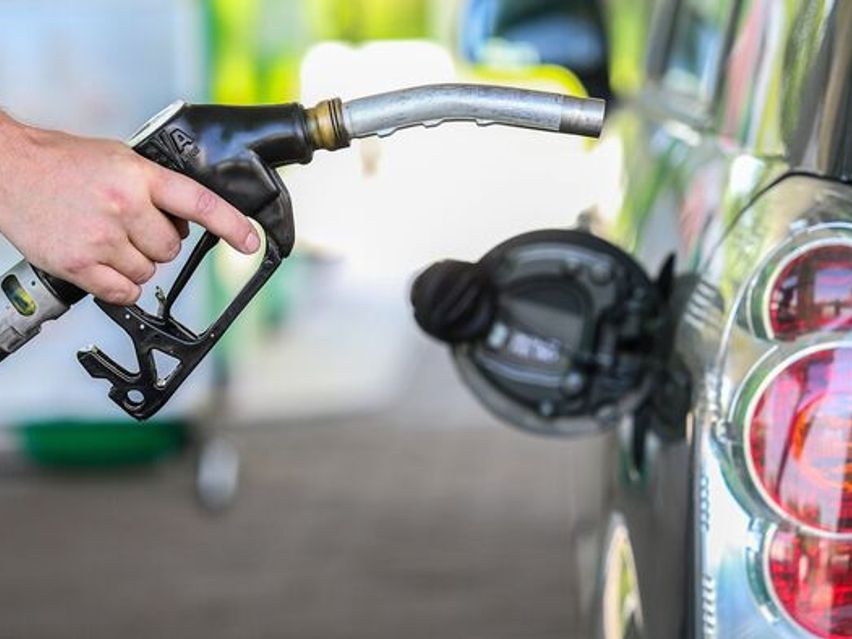
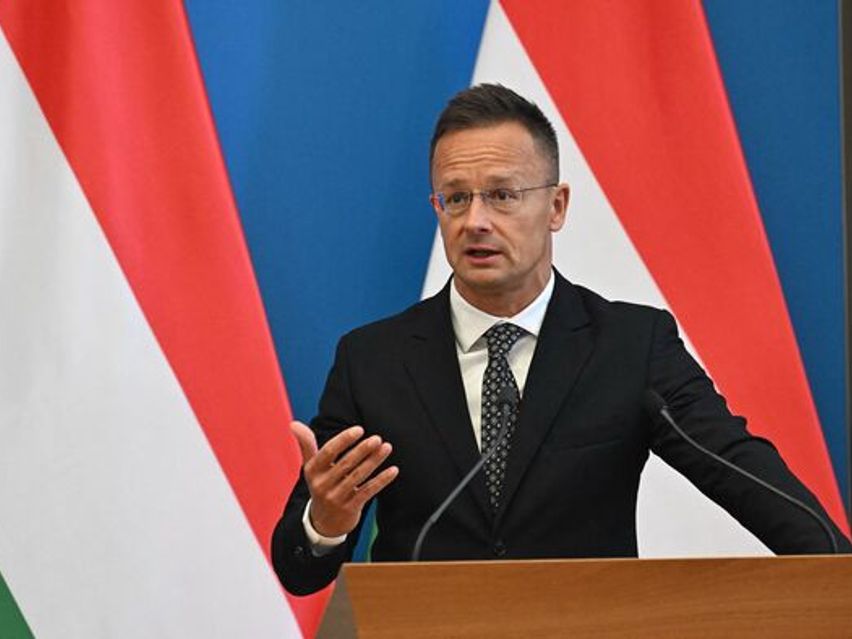
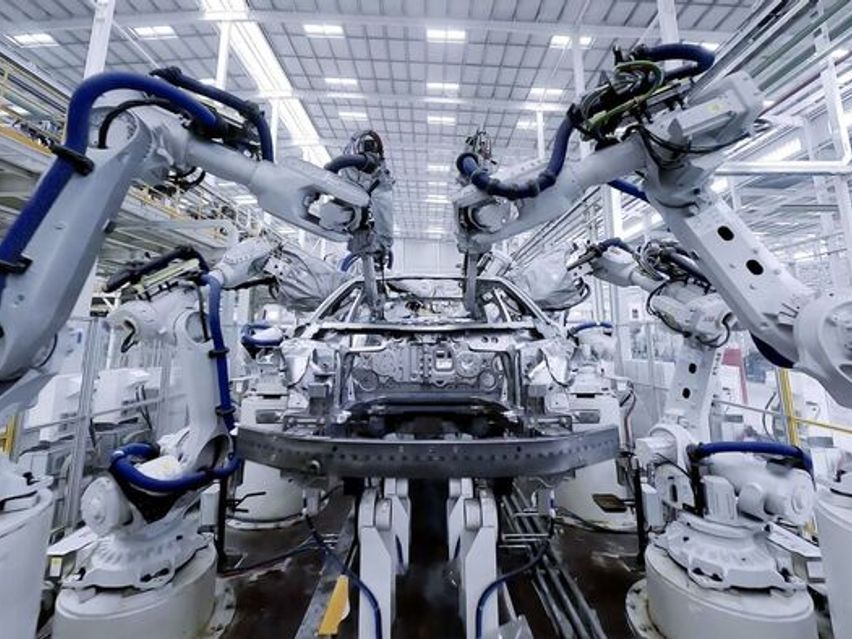
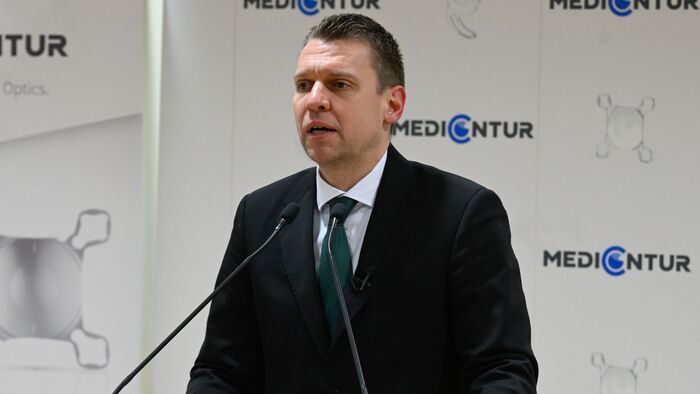

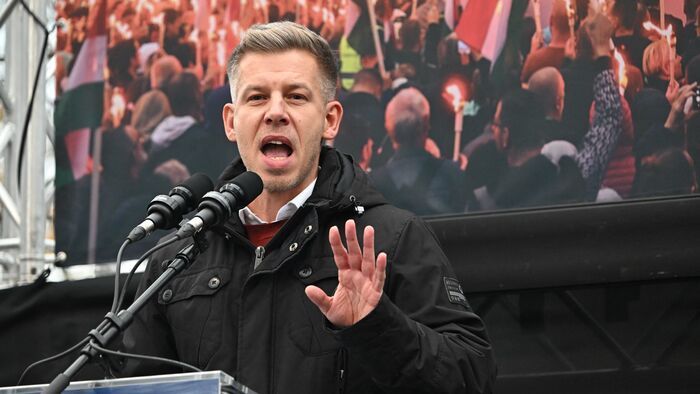



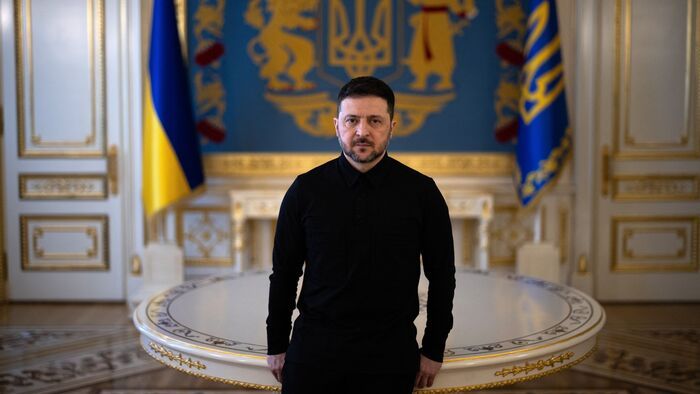

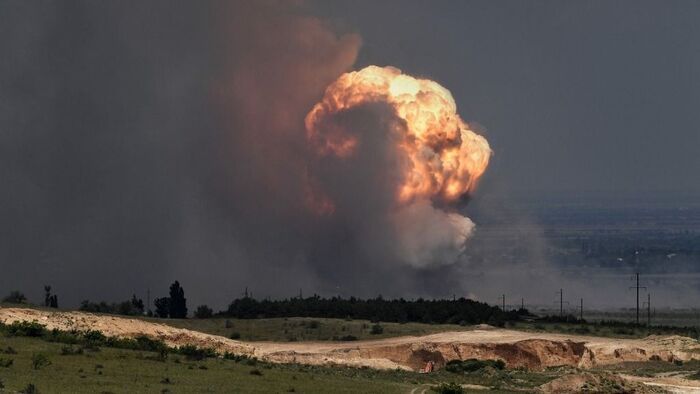

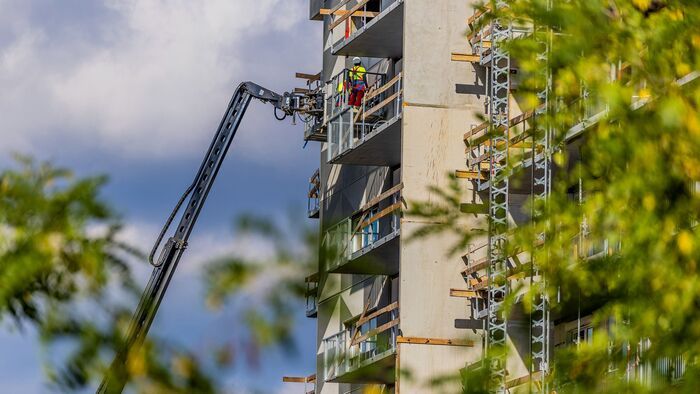
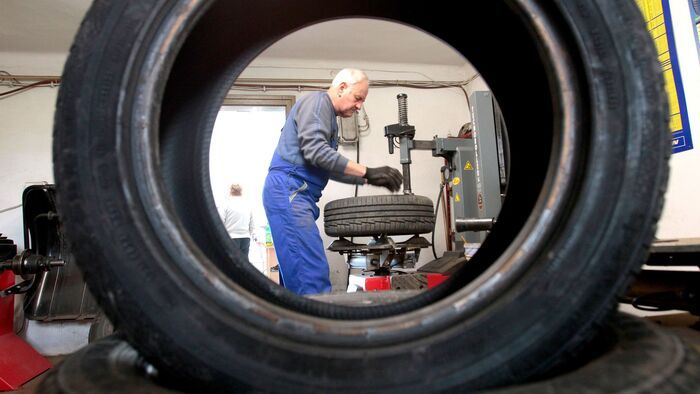


Szóljon hozzá!
Jelenleg csak a hozzászólások egy kis részét látja. Hozzászóláshoz és a további kommentek megtekintéséhez lépjen be, vagy regisztráljon!